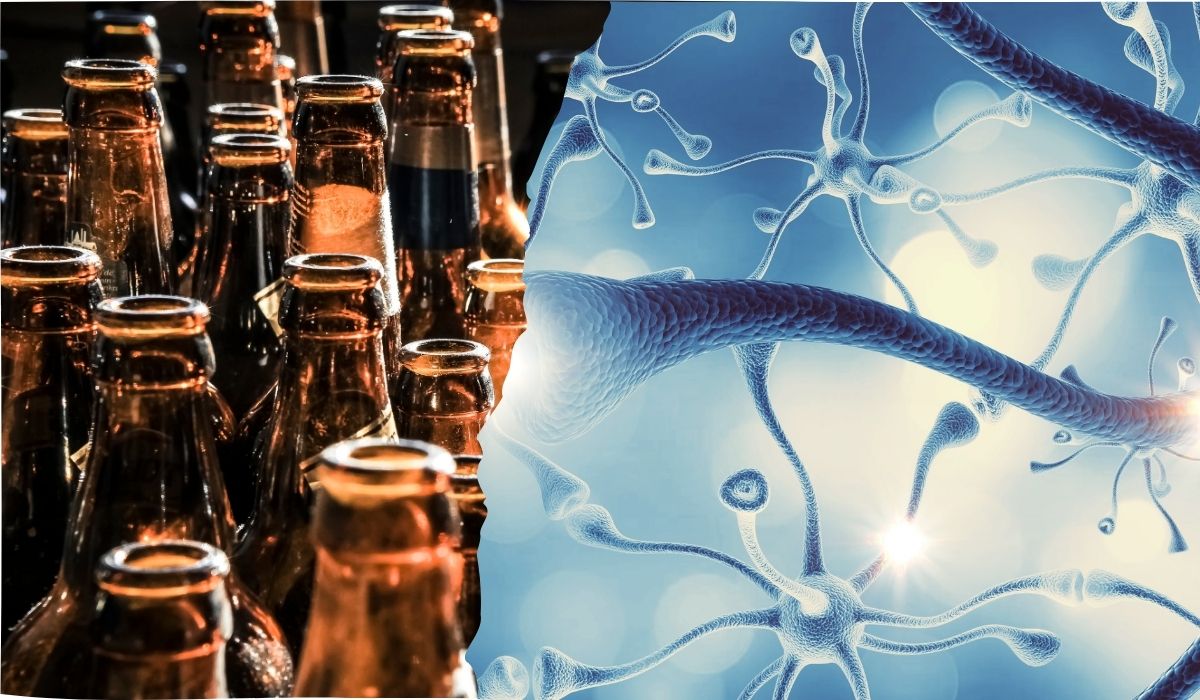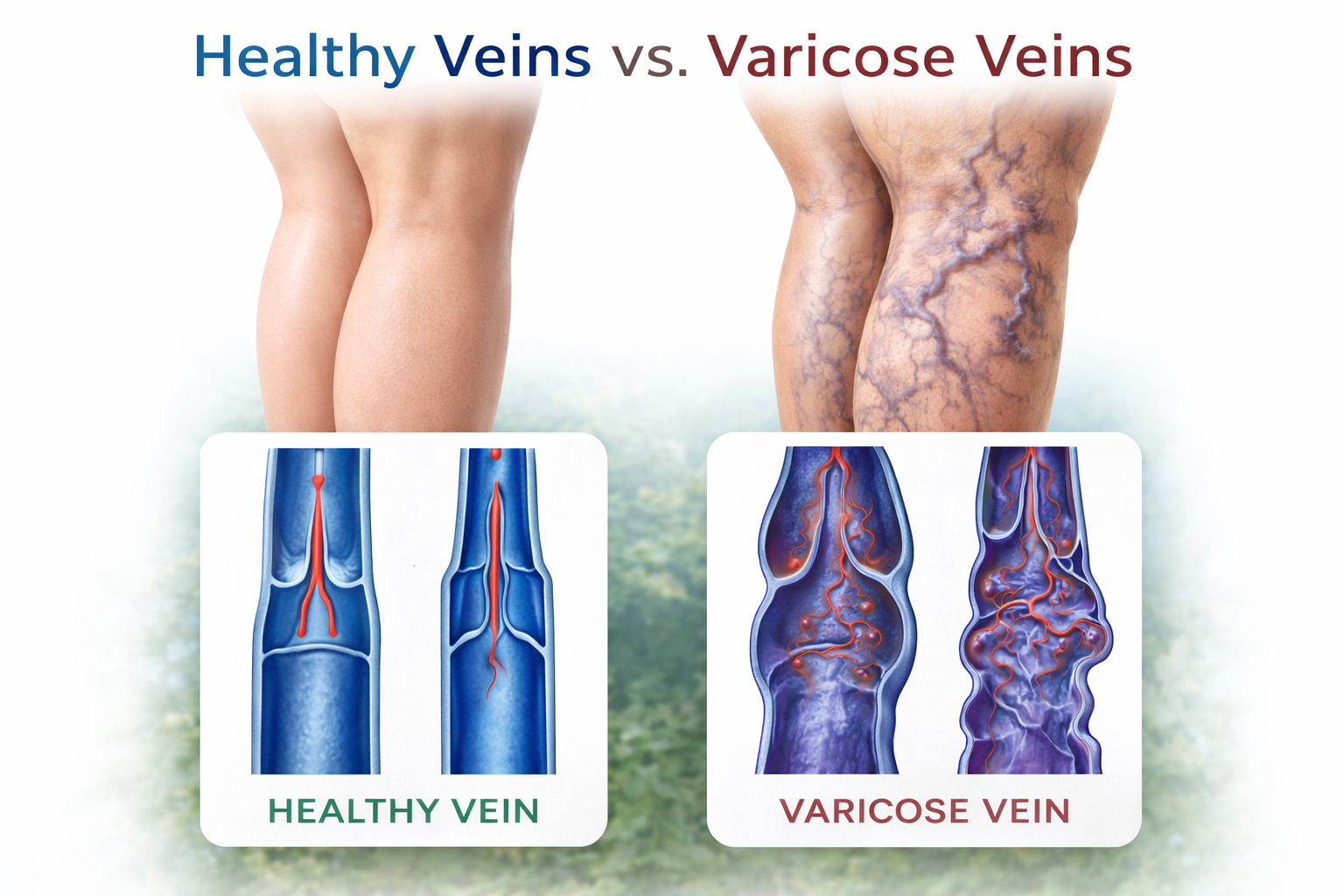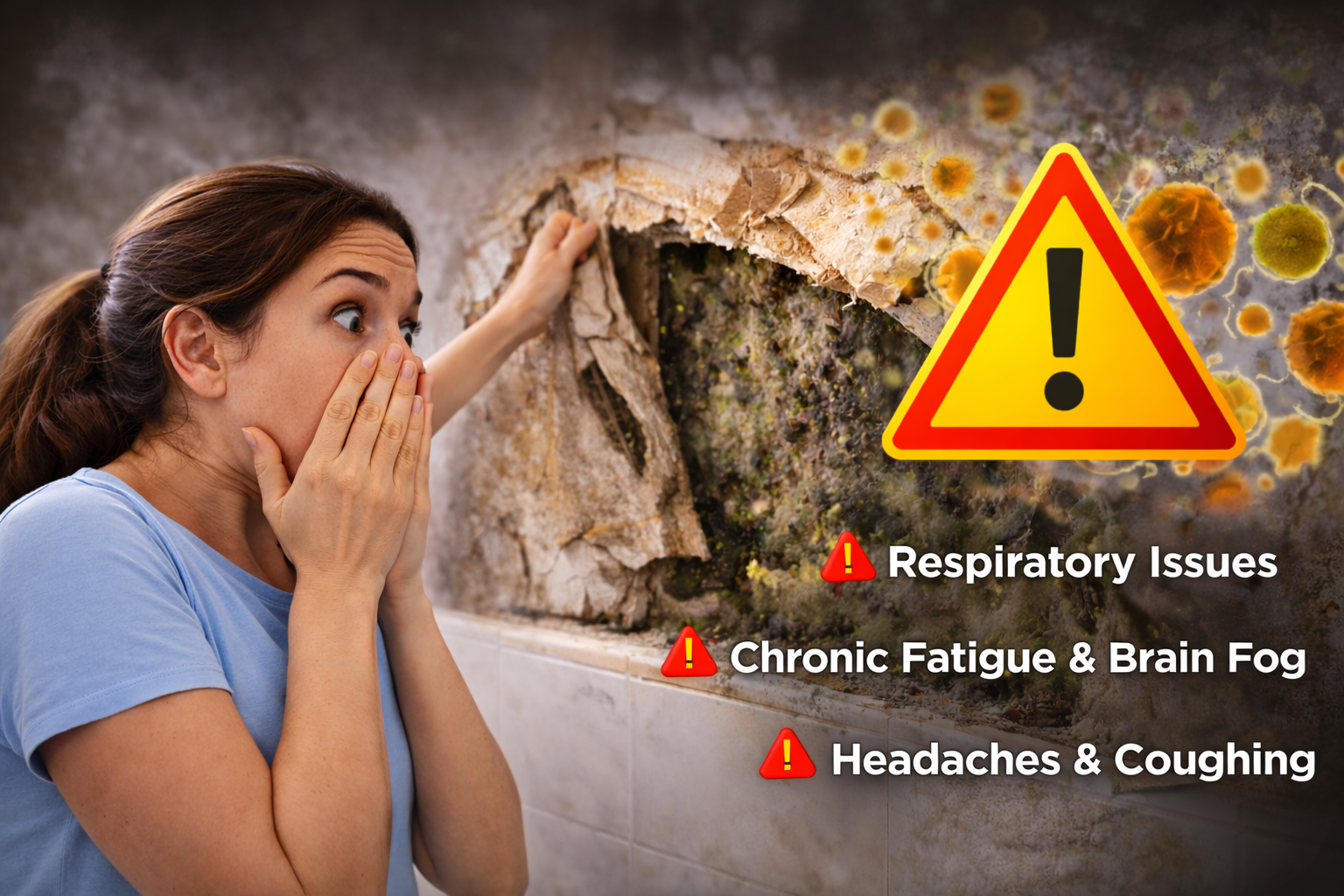Alcohol is a common part of social gatherings, but its effects on the central nervous system (CNS) can be significant. Understanding how alcohol affects your CNS is crucial, whether you occasionally drink or consume alcohol more regularly.

Key Points
- Alcohol affects mood, cognition, motor skills, and coordination.
- Short-term effects of alcohol include impaired coordination, memory blackouts, and slurred speech.
- Chronic alcohol use can lead to neurological damage, poor sleep, reduced sexual function, and cognitive decline.
- Moderation or abstinence can mitigate these effects.
The Role of the Central Nervous System
The CNS, comprising the brain and spinal cord, functions as the body’s control center, processing and transmitting information. Alcohol’s impact on the CNS disrupts these essential processes, causing both short-term and long-term changes to mental and physical health.
Alcohol’s Short-Term Impact on the CNS
The immediate effects of alcohol on the CNS are often visible and troubling:
- Headaches: Alcohol acts as a diuretic, leading to dehydration and electrolyte imbalances, which trigger headaches [2].
- Loss of Balance: Alcohol affects the cerebellum, which controls coordination, leading to issues with balance and motor skills [3].
- Slurred Speech: Alcohol impairs the prefrontal cortex, which affects speech production, resulting in slurred words [4].
- Blackouts: High alcohol intake can inhibit the hippocampus, leading to memory loss or blackouts [1].
- Difficulty Concentrating: Alcohol impairs the brain’s ability to process information, impacting focus and decision-making abilities [4].
Long-Term Effects on the Nervous System
Chronic alcohol consumption can cause extensive damage to the CNS over time:
- Mental Health Decline: Alcohol can worsen depression and anxiety by disrupting neurotransmitter balance, creating a vicious cycle of emotional decline [1].
- Sexual Dysfunction: Alcohol affects nerve pathways necessary for sexual function, leading to issues like erectile dysfunction in men and reduced desire in women [5].
- Sleep Issues: While alcohol may initially induce drowsiness, it disrupts the sleep cycle, leading to poor-quality sleep and daytime fatigue [6].
- Temperature Regulation Problems: Chronic alcohol use can impair the body’s ability to regulate temperature, leading to frequent chills or overheating.
- Decreased Cognitive Function: Long-term alcohol use can degrade areas of the brain responsible for attention and memory, hindering personal and professional life [7].
Alcoholic Neuropathy
Long-term alcohol consumption can lead to alcoholic neuropathy, which involves nerve damage that impacts the peripheral nervous system. Symptoms include numbness, tingling, muscle weakness, digestive issues, and impaired temperature sensitivity. Abstaining from alcohol can stop the progression of this condition, but restoring lost nerve function may be difficult or impossible.
Moderation is Key
The effects of alcohol on the CNS vary based on the frequency and quantity of consumption, the quality of alcohol, age of onset, gender, and individual health factors. To avoid negative impacts, it’s recommended to stay within the safe limit of 400 mg of caffeine per day and consider limiting alcohol consumption to moderate levels.
Final thoughts
Alcohol can have a profound impact on the central nervous system, from immediate changes in mood and coordination to long-term neurological damage. For those who drink regularly, awareness of these effects is essential for making informed choices. Moderation or abstaining can help safeguard the CNS from the detrimental impacts of alcohol. As always, consult with a healthcare professional to make the best decisions for your health.
References
- Mukherjee, S. (2013). Alcoholism and its effects on the central nervous system. Current Neurovascular Research, 10(3), 256-262. https://pubmed.ncbi.nlm.nih.gov/23713737/
- Panconesi, A. (2016). Alcohol-induced headaches: Evidence for a central mechanism? Journal of Neurosciences in Rural Practice, 7(2), 269-275. https://www.ncbi.nlm.nih.gov/pmc/articles/PMC4821937/
- Luo, J. (2015). Effects of ethanol on the cerebellum: Advances and prospects. Cerebellum, 14(4), 383-385. https://www.ncbi.nlm.nih.gov/pmc/articles/PMC4492805/
- Abernathy, K., Chandler, L. J., & Woodward, J. J. (2010). Alcohol and the prefrontal cortex. International Review of Neurobiology, 91, 289-320. https://www.ncbi.nlm.nih.gov/pmc/articles/PMC3593065/
- Arackal, B. S., & Benegal, V. (2007). Prevalence of sexual dysfunction in male subjects with alcohol dependence. Indian Journal of Psychiatry, 49(2), 109-112. https://www.ncbi.nlm.nih.gov/pmc/articles/PMC2917074/
- Stein, M. D., & Friedmann, P. D. (2005). Disturbed sleep and its relationship to alcohol use. Substance Abuse, 26(1), 1-13. https://www.ncbi.nlm.nih.gov/pmc/articles/PMC2775419/
- Fleming, K. A., et al. (2013). Effects of alcohol on sequential information processing: Evidence for temporal myopia. Psychology of Addictive Behaviors, 27(1), 184-190. https://www.ncbi.nlm.nih.gov/pmc/articles/PMC3749912/





